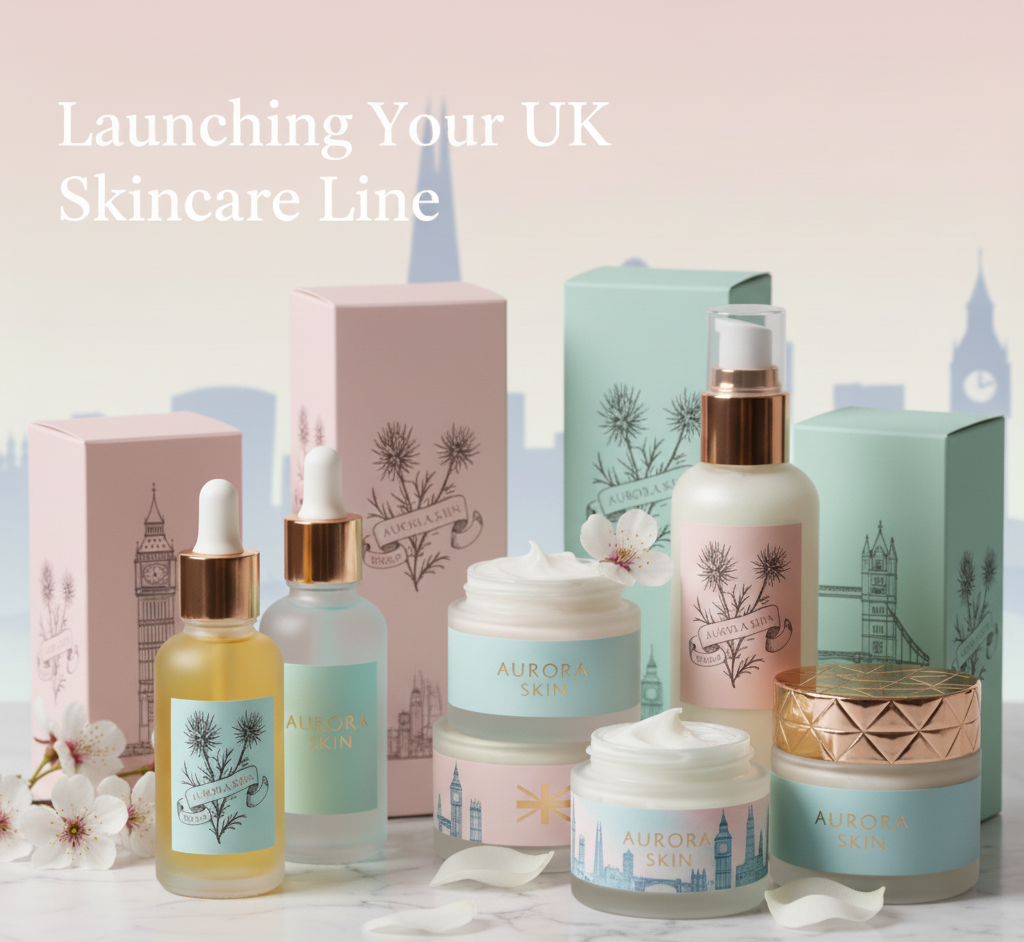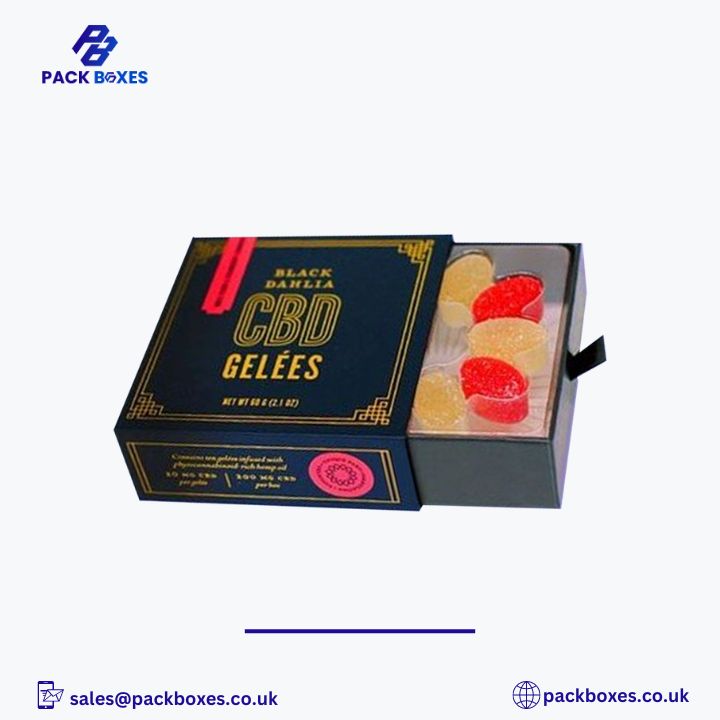Starting your own skincare line can be one of the most exciting and rewarding ventures for entrepreneurs in the UK. The skincare industry is booming, with consumers becoming increasingly conscious of ingredients, sustainability, and customization. But launching a successful skincare brand involves careful planning, understanding your market, and effective branding. In this article, we will guide you step by step on how to start your own skincare line in the UK, including packaging, regulations, marketing, and more.
1. Understand the Skincare Market
Before starting, it’s crucial to understand the UK skincare market. Consumers are now more focused on products that are natural, cruelty-free, and ethically sourced. Market research can help you identify gaps and opportunities. Consider the following:
- Popular product types: Moisturizers, serums, face masks, cleansers, and sunscreens.
- Target audience: Age group, gender, skin concerns, and lifestyle.
- Market trends: Organic, vegan, sustainable, and anti-aging products.
Understanding these elements will help you create a product line that resonates with your customers and stands out from competitors.
2. Define Your Brand and Niche
A strong brand identity is essential for any skincare line. Determine what makes your brand unique and how you want it to be perceived. Ask yourself:
- What values does your brand represent?
- Who is your ideal customer?
- What problem does your product solve?
Choosing a niche can help you target a specific segment effectively. For instance, you could focus on organic skincare, anti-aging solutions, or products for sensitive skin.
3. Formulate Your Products
Product formulation is one of the most critical steps. You have a few options:
- In-house formulation: You can hire a chemist or formulate products yourself if you have expertise.
- Private labeling: Purchase pre-made products and brand them under your name.
- Contract manufacturing: Collaborate with a manufacturer to create customized formulas.
When creating skincare products, ensure they comply with UK regulations set by the UK Cosmetics Regulations 2023. Pay attention to ingredient safety, labelling, and testing requirements.
4. Source High-Quality Ingredients
Consumers are more conscious about what goes into their skincare products. Source ingredients that are high-quality, sustainable, and ethically produced. Some popular ingredients include:
- Hyaluronic acid for hydration
- Vitamin C for brightening
- Retinol for anti-aging
- Aloe vera for soothing
Sourcing from reliable suppliers ensures product consistency and safety.
5. Choose the Right Packaging
Packaging is more than just a container for your product; it represents your brand and can influence purchasing decisions. This is where Custom Skincare Packaging in UK comes into play. Choosing custom packaging allows you to:
- Stand out on retail shelves or online marketplaces
- Reflect your brand’s values and aesthetic
- Offer functional, user-friendly designs
When selecting packaging, consider sustainability. Many consumers now prefer recyclable, biodegradable, or refillable packaging. Work with professional packaging companies to ensure your products are visually appealing and safe.
6. Branding and Design
Your branding should align with your target audience and niche. This includes:
- Logo design
- Colour palette
- Typography
- Product labels and packaging
Professional branding ensures your skincare line is recognizable and trustworthy. Remember, first impressions matter—especially in the skincare industry.
7. Legal and Regulatory Compliance
Before selling skincare products in the UK, ensure you meet legal and regulatory requirements:
- Register your products with the UK Office for Product Safety and Standards (OPSS)
- Comply with Cosmetic Product Safety Reports (CPSR)
- Ensure correct ingredient labelling
- Conduct product testing for safety
Failing to comply with regulations can result in fines or product recalls, so it’s vital to get this right from the start.
8. Create a Business Plan
A detailed business plan is essential to guide your skincare line’s growth. Include:
- Market analysis
- Target audience
- Product line-up
- Marketing and sales strategy
- Budget and funding requirements
A business plan will also be helpful if you seek investors or loans to scale your skincare line.
9. Set Up Production and Supply Chain
Decide how your products will be manufactured and distributed. Options include:
- Producing in small batches at home (for initial launches)
- Partnering with local manufacturers
- Working with contract manufacturers for larger scale production
A reliable supply chain ensures your products reach customers on time and in perfect condition.
10. Pricing Your Skincare Products
Pricing is crucial in positioning your brand. Consider:
- Production costs (ingredients, packaging, labour)
- Competitor pricing
- Target audience willingness to pay
Pricing too low may affect perceived quality, while pricing too high may limit your customer base.
11. Marketing Your Skincare Line
Effective marketing is key to building awareness and driving sales. Some strategies include:
- Social media marketing on Instagram, TikTok, and Facebook
- Influencer collaborations
- Email marketing campaigns
- SEO-optimized website content
- Pop-up shops and local events
Highlight unique selling points such as natural ingredients, cruelty-free practices, and Custom Skincare Packaging in UK. This builds trust and loyalty among customers.
12. Selling Your Products
You have multiple sales channels to consider:
- E-commerce website
- Online marketplaces (Amazon, Etsy)
- Retail partnerships with boutiques or wellness stores
- Subscription boxes
Offering multiple purchase options increases accessibility and can boost sales.
13. Customer Feedback and Improvement
Listening to customers is crucial. Gather feedback to:
- Improve formulas or packaging
- Understand what customers like or dislike
- Innovate with new products or limited editions
Customer reviews also help with online credibility and organic growth.
14. Scaling Your Skincare Line
Once your brand gains traction, consider scaling:
- Expanding product lines
- Entering new markets within the UK or internationally
- Collaborating with influencers and larger retailers
- Offering exclusive or seasonal products
Scaling should be done strategically to maintain quality and brand reputation.
15. The Importance of Custom Skincare Packaging in UK
Packaging is often underestimated, but it plays a vital role in brand perception. With Custom Skincare Packaging in UK, your products can stand out, attract your target audience, and reflect the quality of the skincare line. Unique designs, sustainable materials, and functional packaging can improve customer experience and repeat purchases.
By focusing on premium and customized packaging, your skincare line can compete with established brands while emphasizing professionalism and uniqueness.
FAQs About Starting Your Own Skincare Line
1. How much does it cost to start a skincare line in the UK?
Costs vary depending on production scale, ingredients, and packaging. Small-scale startups may spend £2,000–£5,000, while larger operations could exceed £20,000.
2. Do I need a license to sell skincare products in the UK?
No specific license is needed, but you must comply with UK Cosmetics Regulations, ensure product safety, and register your products with OPSS.
3. Can I create skincare products at home?
Yes, you can start small batches at home. However, for commercial sales, your products must meet safety standards, and professional lab testing is recommended.
4. What are the most popular skincare products to sell?
Moisturizers, serums, cleansers, face masks, sunscreens, and anti-aging products are highly popular in the UK market.
5. How can I make my skincare brand stand out?
Focus on a niche, use high-quality ingredients, invest in professional branding, and offer Custom Skincare Packaging in UK. Unique packaging and sustainable practices can attract conscious consumers.
6. Do I need a chemist to start a skincare line?
While not mandatory, consulting a chemist ensures your products are safe, effective, and compliant with regulations.
7. How do I choose the right packaging for skincare products?
Consider your target audience, sustainability, functionality, and brand aesthetics. Custom Skincare Packaging in UK can help you design packaging that aligns with your brand.
8. Should I sell online or in stores?
Both options are viable. Selling online offers wider reach, while retail partnerships provide local brand exposure. Many brands use a combination of both.
9. How do I price my skincare products?
Consider production costs, competitor pricing, target audience, and perceived value. A balanced pricing strategy ensures profitability while remaining competitive.
10. How do I market a new skincare brand?
Leverage social media, influencer partnerships, email marketing, SEO, and PR campaigns. Highlight unique features, sustainability, and customization to attract customers.
Starting your own skincare line in the UK requires careful planning, research, and a focus on quality and branding. From formulating products and sourcing ingredients to choosing Custom Skincare Packaging in UK and marketing effectively, every step is crucial to building a successful business. By following this guide, you can confidently launch a skincare brand that resonates with your target audience and grows sustainably.







